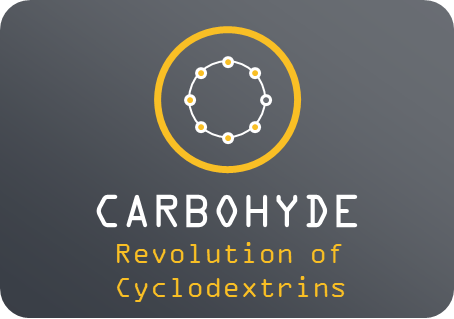today’s #cyclodextrin:
using CDs as non-viral gene delivery systems is a more or less known and upcoming application. Yet using them in adenoviral vector-based gene therapy is certainly something novel.
ADSTILADRIN (Ferring Pharmaceuticals) is a non-replicating adenoviral vector-based gene therapy approved by the FDA in December 2022 for the treatment of adult patients with high-risk Bacillus Calmette-Guérin (BCG)-unresponsive non-muscle invasive bladder cancer with carcinoma in situ with or without papillary tumors. It was developed for intravesical instillation.
ADSTILADRIN is a sterile, clear to opalescent suspension, and contains no preservative. The combined use of polysorbate 80 and HPBCD in an adenovirus composition is already precedented in Jcovden (previously COVID-19 Vaccine Janssen) vaccine, wherein the function of cyclodextrin is disclosed as cryoprotectant. Since ADSTILADRIN is shipped frozen at ≤ -60°C, the use of HPBCD due to its cyroprotectant effect is also justified herein.
The second indication of ADSTILADRIN is currently under clinical trial (phase III) in the USA for Malignant pleural mesothelioma, a rare, aggressive cancer of the pleural surface associated with asbestos exposure per patent application US 2020/0164091.
See the FDA’s article here: FDA D.I.S.C.O. Burst Edition: FDA approval of Adstiladrin (nadofaragene firadenovec-vncg) for patients with high-risk Bacillus Calmette-Guérin unresponsive non-muscle invasive bladder cancer with carcinoma in situ with or without papillary tumors

